The Apple Vision Pro may be beneficial in medicine, a surgeon suggests, with the mixed-reality headset potentially helping by providing vital data during surgery.
Apple's introduction of the Apple Vision Pro could be a boon to productivity in the workplace, but in one case, it could be a lifesaver. In the opinion of one surgeon, it could give "superpowers" to doctors.
Dr. Rafael Grossmann, a general surgeon with a background in robotic surgery and the first to live-stream a surgery using Google Glass, thinks the Apple Vision Pro could do a lot to help in the middle of an operation when information is key to a patient's survival.
"Within the operating room, you are gathering data in mixed reality that is helping you in real time, in a synchronous fashion, do the procedure," Grossmann explained to WMTV8 about current mixed-reality technology he is currently using.
The tech "allows you to not have to turn your head where you can actually bring the computer," he adds. Using spatial computing, the displays could feasibly be anywhere in the room, and in the case of surgery, potentially within the wearer's eye line.
Beyond operations, Grossmann proposes that Apple's headset could be employed in other ways, such as to provide more connection between doctor and patient. For example, a digital assistant could be shown to the physician to handle basic tasks like note-taking, or to offer up information from patient records.
 Malcolm Owen
Malcolm Owen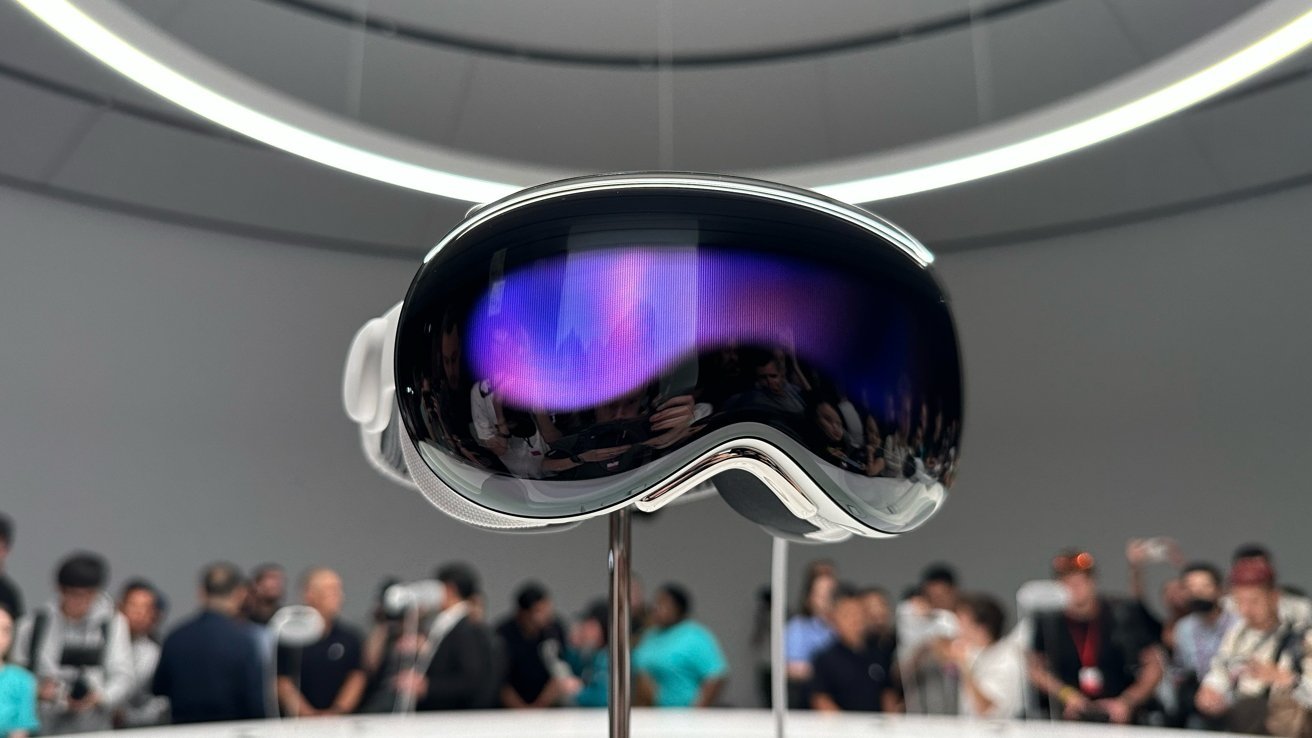


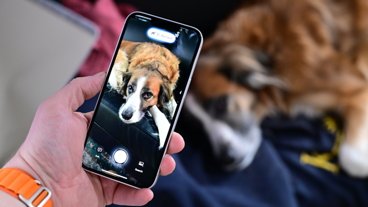
-xl-m.jpg)





 Marko Zivkovic
Marko Zivkovic

 Chip Loder
Chip Loder
 Christine McKee
Christine McKee
 William Gallagher
William Gallagher
 Amber Neely
Amber Neely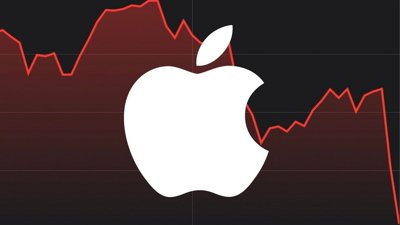
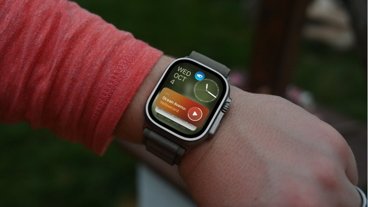
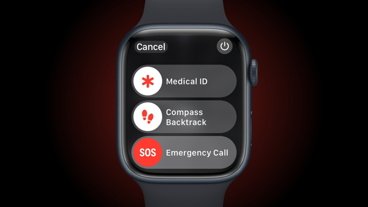
-m.jpg)






43 Comments
I don’t remember Apple demonstrating any static images aka heads-up display but there’s nothing that says anyone couldn’t implement fixed floating data or combine the two. How about blink to zoom? Voice commands for enahncing or switching viewing modes. IR cameras? UV cameras?
If hospitals buy tens of thousands of them, bring it. AAPL will benefit and so will I.
This is one of so many possible uses for the Vision Pro. It and its siblings will be a success, I am sure. I have noticed numerous testers commenting that the stereo camera is something they would never use 'to film their daughter's birthday party' etc. I fail to see why it isn't evident that the iPhone could be planned to sport a stereoscopic camera system in the next year or so as an alternative 3D camera. If I am correct, sales of such an iPhone would soar. Even without a viewer at the time, future-proofing videos in 3D will become a must. Then the Apple Vision Air will follow soon after that at a lower price with fewer features, and history will repeat itself, Apple will have another multi-billion-dollar leg to its ecosystem.
No hospital is going to rely on an Apple consumer product for a safety critical task such as surgery.
There is no doubt that vision augmenting devices will have applications like this, and VP certain provides a glimpse (!) into what is possible. But...one particular challenge of doing what is suggested here (surgery) with the VP is how to get the device sterilized before use. I kinda think it wouldn't survive an autoclave. mikethemartian
I'm not sure I'd be so fast to conclude this, as there are lots of consumer products in hospitals performing critical tasks. Still, the FDA might have a few things to say about this, as well as medical and ethics boards.